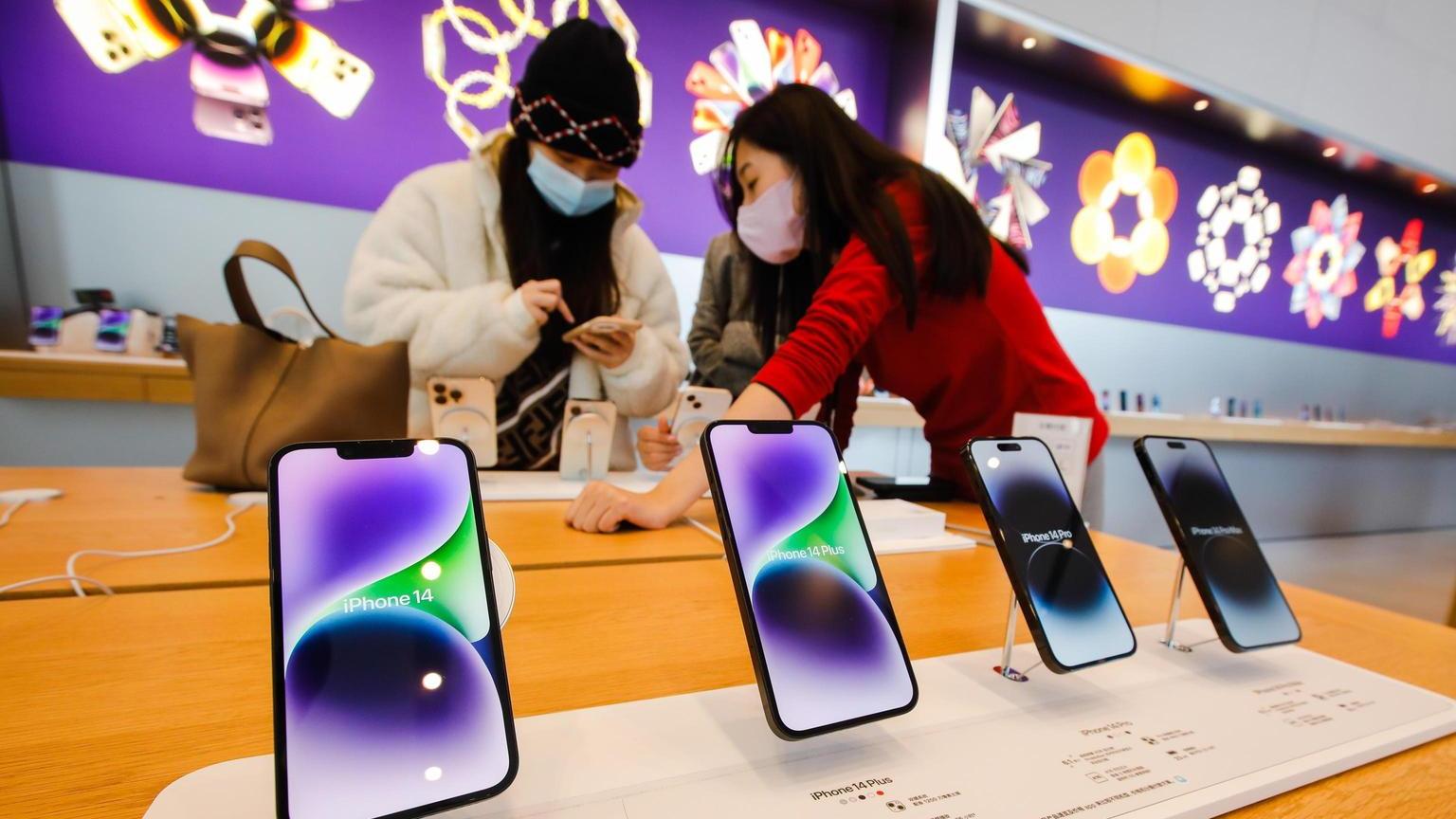China Bans Government Officials from Using iPhones
China recently issued a directive banning government officials from using iPhones and other foreign-branded devices for business purposes. This decision, aimed at improving domestic cybersecurity and reducing dependence on foreign technology, could have a significant impact on China's high-end smartphone market.
China is tightening its policy on foreign technology, and this move represents the latest step in that direction. However, this decision also raises some key questions regarding the implications for foreign companies and the Chinese market.
The Impact of the Decision on IT Security
The Chinese government justified this decision on the basis of internal cybersecurity. The main concern appears to be the possibility of vulnerabilities in foreign devices that could put sensitive government data at risk. Therefore, the ban was imposed to mitigate this potential risk.
The Implications for Apple in China
For Apple, this decision represents a significant challenge. The Cupertino company has been a leader in the high-end smartphone market in China for many years, and the ban on the use of the iPhone by government officials could have a direct impact on the brand's sales and reputation. China is a huge market for Apple, and any significant change in market dynamics could have significant consequences.
The Policy for Reducing Technology Dependence
This decision is part of a broader effort by China to reduce dependence on foreign technology. The Chinese government is trying to develop and promote national technologies and brands to increase the country's technological independence. This policy has global implications, as many foreign companies operate in China and depend on the Chinese market for a significant portion of their revenue.
Conclusions
The ban on iPhone use by Chinese government officials is a significant step in China's policy on foreign technology and cybersecurity. The evolution of this situation and its consequences for Apple and other foreign companies will be monitored carefully in the coming months. In the context of a China increasingly focused on technological independence, further developments in this direction are expected.








